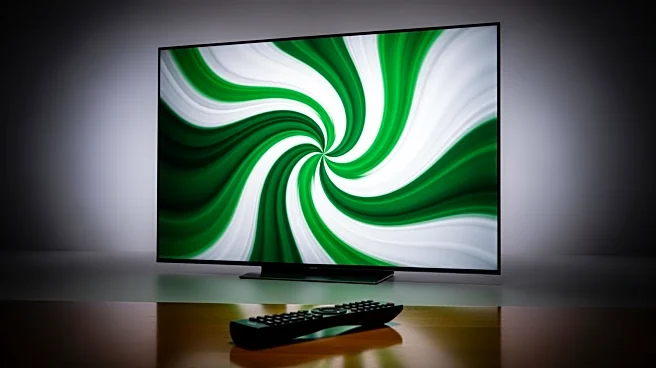What's Happening?
A study conducted by researchers at the Max Planck Institute for Evolutionary Anthropology has highlighted the longevity gap between men and women, with women living on average 5.8 years longer than men in the U.S. The study, published in Science Advances, examined 528 mammal species and found that females generally live longer than males. Factors contributing to this gap include genetics, mating habits, and caretaking responsibilities. Men are more prone to risky behaviors such as smoking and drinking, leading to higher rates of death from alcoholism, drug use, suicide, and homicide. Additionally, men are less likely to protect themselves from the sun, contributing to higher mortality rates from melanoma.
Why It's Important?
The findings underscore the importance of addressing behavioral and lifestyle factors that contribute to the longevity gap. Men engaging in riskier behaviors and neglecting preventive health measures face higher mortality rates from various causes. This has implications for public health strategies aimed at reducing these risks and promoting healthier lifestyles among men. Encouraging preventive care and healthier habits could potentially narrow the longevity gap, improving overall public health outcomes.
What's Next?
The study suggests that changing behaviors and norms could help reduce the longevity gap. Promoting preventive care, including regular health screenings and sun protection, could be beneficial. Public health campaigns might focus on encouraging men to adopt healthier lifestyles, mimicking behaviors that contribute to women's longer lifespans. Further research could explore additional factors influencing longevity and effective interventions.
Beyond the Headlines
The study highlights the evolutionary pressures that have shaped gender differences in longevity. Understanding these pressures can inform strategies to address the gap. The role of caregiving in longevity suggests that societal changes in gender roles could impact lifespan disparities. As gender roles evolve, men may increasingly engage in caregiving, potentially influencing longevity trends.










